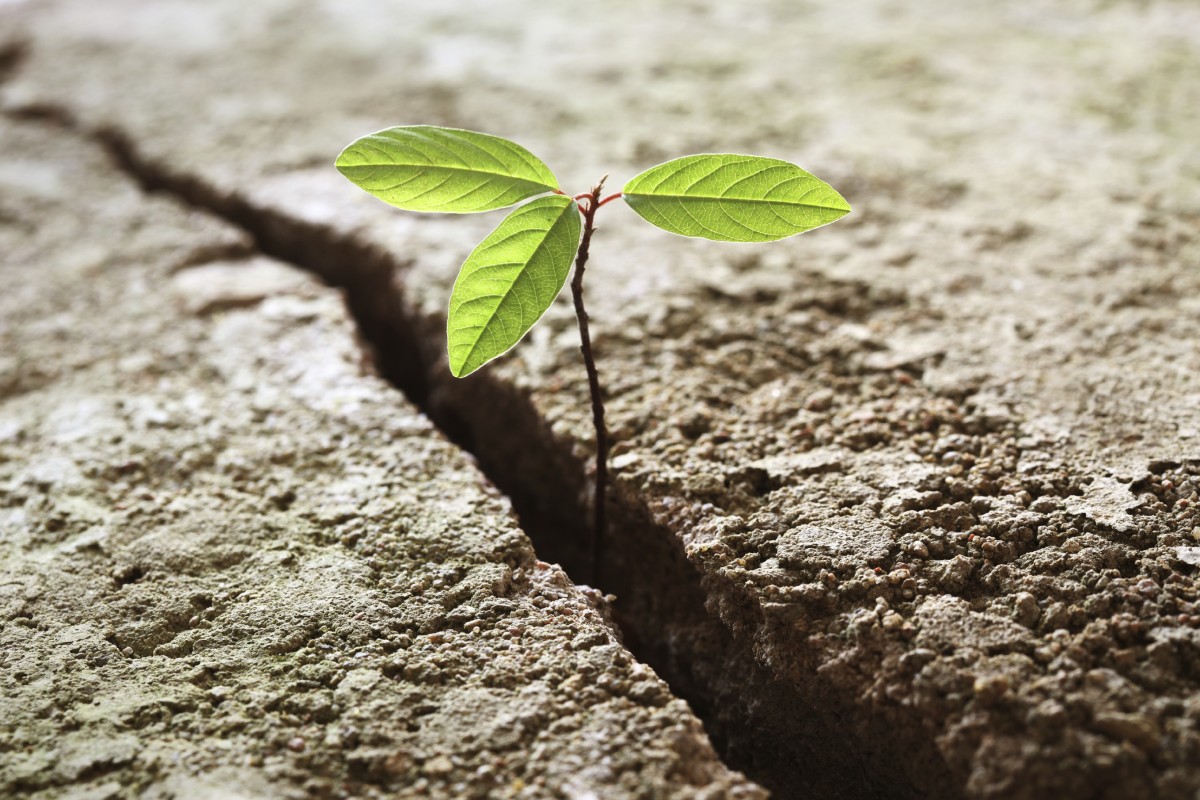New Year's Resolutions to Build Your Resiliency

New Year’s Resolutions to Build Your Resiliency
By Marie Hartwell-Walker, Ed.D.
“Life,” as M. Scott Peck said in his book, The Road Less Traveled, “is difficult.”
I give him credit for saying it like it is. Life is difficult. The universe has a way of throwing logs in the road of life for most of us at least some of the time. Sometimes it feels like all of the time. Since changing or stopping life’s challenges is not always in our control, the key to reducing their impact is to increase our coping skills. That is within our control.
Over the last 20 years, psychology researchers have been working on refining our understanding of what makes some people more resilient than others. It turns out that the skills necessary for growing from adversity, for bouncing back from traumatic experiences, and indeed for just making it through a difficult day are skills that can be taught and learned. They come down to these three:
- Willingness to engage with the problem
- Connecting with others
- Knowing how to calm oneself when there is plenty of reason to be anxious.
As the New Year approaches, consider making a resolution to increase your ability to handle life’s challenges more effectively. Enhancing these skills will help you feel more self-confident and be more competent when life is hard.
Learn to Engage
People who manage stress are people who don’t hide from it. Yes, it’s tempting to pull up the covers and suck a thumb when the going gets rough. But when we stick our nose out, the problem is usually still there, waiting with a club in its hand. People who manage stress manage it. That means taking it on. That means making active decisions about priorities and figuring out what can be fixed or worked around. It also often means deciding that some things can be purposefully and intentionally dropped, with apologies if necessary. In short, engaging with a problem means stepping up, taking responsibility, and doing the best we can.
- Resolution: Identify three problems or issues in your life that you would like to solve or at least improve. Prioritize them. Start with the easiest. (Why not increase your chances for some success?) Now get busy. What’s one small step you can take to make just a little progress? Once you check that one off, move to the next step. It’s not so hard if you keep the steps small and doable. Chipping away at a problem can cut it down to a manageable size. Let yourself feel good about what you have done instead of beating yourself up for what you haven’t. Pretty soon that problem will look less scary. Even more important, you’ll feel better about yourself for having taken something off the “to do” list.
Connect with Others
A key to resiliency is having social supports. The caring of friends, colleagues, and family often gives us the inner strength to handle life’s trials. Seeking and accepting practical help from professional helpers, support group members, and people who share our lives in clubs, organizations, and religious communities provides the outer support we may need when we’re feeling overwhelmed.
- Resolution: Reaffirm old friends. Facebook and email make it easier than ever to stay in touch, to stay in the loop about each other’s lives, and to stay in ongoing conversations. Make it a point to meet up with someone face to face for friendship’s sake at least once a week. Arrange to have coffee, to take a walk, or just to drop in. If you don’t have enough friends, go back to step 1: “Engage.” You won’t find friends (or potential partners) sitting in your place feeling sorry for yourself. Join something where there are likely to be people who share your values or interests. Get out of yourself and help make a difference by volunteering. Go regularly and you’ll soon be accepted as a member of the group. Show up for activities run by your community. Make a commitment to get out there at least a few times a month.
Don’t forget the other part: Seeking professional help when you need it. There are still families and individuals who think that asking for help is a weakness. It’s not. When we’ve done everything we know how to do and things aren’t getting better, we need new input. Seeking help is an affirmation of self-worth. It’s engaging with the problem. Refusing to ask for or to accept help is an act of stubbornness that will only keep you stuck.
Practice Calming Skills
It’s much, much harder to solve problems and to be connected with others if you are a nervous wreck. Anxiety often breeds more anxiety until we’re in such a spin that we can’t think straight. People who are resilient have found ways to slow down, to breathe, and to create moments of calm in the storm. Having developed a practice of calming, they can relax into it in times of stress.
- Resolution: Commit to a practice that is calming for you. Mini “timeouts” from stress don’t have to take a lot of time or cost a lot of money. Prayer, yoga, meditation, or simply visiting a “happy place” in your mind can give you the moment of calm you need to clear your head. If you’re the type who needs to actively discharge anxiety or anger, go for a walk or run, boogie to some loud music, tense and release those muscles. Take lessons in art or music, join a gym, or participate in a regular basketball game or join your church choir to give yourself a regular break from your workaday life. You’ll get the benefit of the activity and you’ll be connecting with others as well.
Engage. Connect. Calm. These are the tools that can make life much more manageable. This year, consider making a resolution that can make all the other resolutions possible. Develop these three skill areas as a gift to yourself. You’ll feel good about yourself and you’ll be much better prepared for the inevitable challenges that will come your way.
Happy New Year!
The next Family Caregiver University class will be held on Thursday, January 25, 2017 and will focus on The Skills of Resilience.
Tagged:

